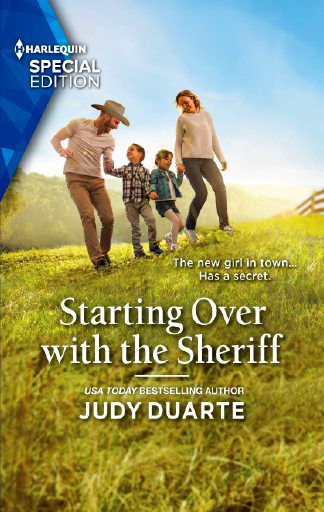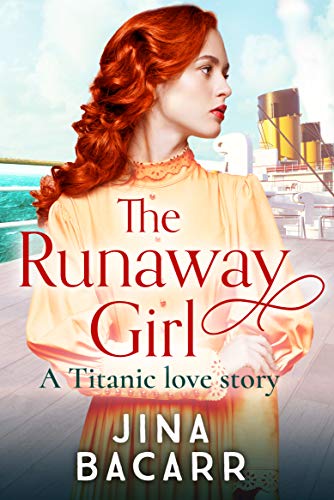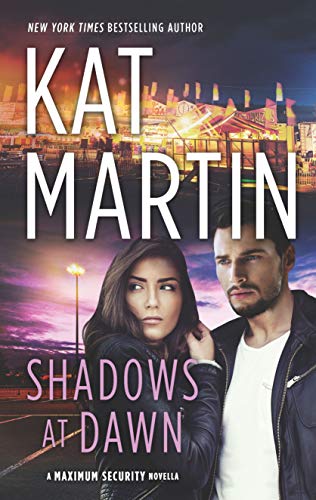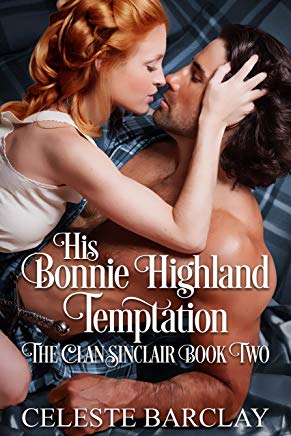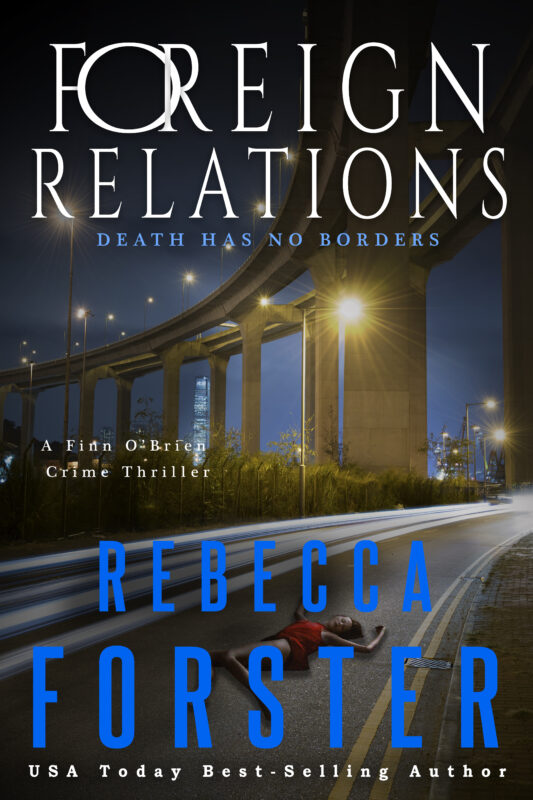Dear Extra Squeeze Team: What the Heck Is a Platform?
January 31, 2019 by The Extra Squeeze in category The Extra Squeeze by The Extra Squeeze Team tagged as Marketing, platform, Publishing Questions, The Extra Squeeze
Dear Extra Squeeze Team, I’m working on my first book. I go to a local RWA and everyone is taking about platforms. What the heck is a platform? Why do I need one? How do I get one?

USA Today Bestselling author of 35 books, including the Witness series and the new Finn O’Brien series.
You’re in luck. The queen of platforms is Robin Blakely so I would read her answer first. If you’re reading this one, then my simple explanation is that a platform is who you are as an author. Are you queen of erotica? Are you the definitive word on thrillers? Were you a cop and write police procedurals? When you build your platform you are looking for a way to consistently communicate who you are as an author and what a reader can expect from your books. Keep writing and refining your voice. Write in the same genre. Determine what sets you apart from other writers and there you have it – a platform.

Cover designer and author of the fantasy series, The Fireblade Array
I’m not sure I know either. Sounds a bit like business jargon!

Developmental editor who has worked for twenty plus years with new and established authors of both fiction and non-fiction, traditional and indie.
A platform is that giant, flashing interactive sign hanging in Times Square that says, “Here I am! I’m a writer and this is what my books are about. You want to read them all!”
A platform gives you visibility as an author. It gives the means to speak to your audience, to gain and nurture a following. You get a platform by building it yourself. It’s a process; there is no ready recipe. And it takes time to build up your presence so there’s no reason not to begin long before you publish. You’re going to need it because that’s how and where an Indie writer markets her books.
Social media is the tool, from your website to blogging to Facebook, to engaging with on-line writer groups to Pinterest, Instagram and Twitter— the whole gamut is possible. Your message should include your unique story and voice. The content should target your audience so that you can reach them directly with an option of back and forth communications.
If you haven’t published yet, consider writing a few short stories and offer them for free. Post links on Face Book, or Twitter etc. to get the word out. Join and engage with writer’s groups. Use those short stories for award entries—the more accolades and experience you garner, the more powerful your platform. Blog about your writing process. Join groups with other new writers. It will all work to build your name and credibility.
It takes time. But so does writing a good book. Like all things in life, time management is critical. Decide how much effort toward building your platform is doable without taking too big a bite out of your writing time. But know that every little bit will grow your presence and when you’re ready to publish you’ll have a platform from which to dive into the market.

PR/Business Development coach for writers and artists; CEO, Creative Center of America; member, Forbes Coaches Council.
You need a platform so that you can elevate and protect your brand. To help you wrap your brain around a concept that can be very confusing, try this . . .
Let’s imagine that your platform is a three-legged table and your brand is a glass ball on top of that table. It seems like the glass ball is the thing to focus on, but really it is the table and its three legs that provide the support and elevation your brand needs. If the platform isn’t solid, the table top will teeter and the glass ball will roll and possibly break.
So, let’s keep the brand safe and secure. Let’s look closer at the platform’s three legs.
One leg is all about promotional outreach—you must effectively tell readers about your work. One leg is all about resources—you must manage your time, money, and helpful people wisely. One leg is all about constantly developing the core talent and skill to produce the best products and services you can create—you can’t sell what you never finish.
You need each leg to do its part and at about the same level. In the platform world, the most common problem is that people figuratively build their platforms using table legs of three very different lengths. One leg is typically very long and well-developed, one leg is quite short and under-achieving, and one entire leg may be practically missing. Take a closer look at those three areas of your creative business. When the three table legs of your platform are forced to operate at uneven lengths, it will feel like your success is teetering and wobbling—that your professional life is unbalanced and uncertain—that your brand is fragile and in jeopardy.
Put an end to topsy-turvy, out-of-control feelings by building a platform to elevate and protect your beautiful talent-driven brand. As you learn to level out the structural legs of your platform, feelings of uncertainty will be replaced by feelings of stability. Promotional opportunities will become better in both quality and abundance. As a result, your platform will command attention in your industry. Your brand will be clearly showcased, elevated, and protected.
Sound impossible? It isn’t.

Have you got a question for The Extra Squeeze team?
Send them to us at: Contact The Extra Squeeze Team.
0 0 Read more
The Extra Squeeze Team is Taking Questions
June 30, 2018 by The Extra Squeeze in category The Extra Squeeze by The Extra Squeeze Team tagged as HO Charles, Jenny Jensen, Publishing Questions, Rebecca Forster, Robkin Blakely, The Extra Squeeze, Writing Questions
Taking Questions!
Ever wonder what industry professionals think about the issues that can really impact our careers? Each month The Extra Squeeze features a fresh topic related to books and publishing. Here are some of the questions they have answered in 2017 and 2018. Sensitivity Editors, How Much Reality and Is the F-word a Bomb.
But now they need YOUR questions. Is there a publishing or writing question that you want the answer to, but don’t know who to ask?
Let Amazon mover and shaker Rebecca Forster and her handpicked team of book professionals offer frank responses to your questions from the POV of each of their specialties — Writing, Editing, PR/Biz Development, and Cover Design.
Ask the Extra Squeeze Team a Question

Rebecca Forster
USA Today Bestselling author of 35 books, including the Witness series and the new Finn O’Brien series.




